Zurich in 1519: The young widow Anna Reinhart lives a barren life between fear of the church and worries about the future of her three children, when the arrival of a man in the city causes turmoil: The young priest Ulrich Zwingli takes up his new position at the Grossmünster in Zurich and sparks fierce discussions with his sermons against the grievances of the Catholic Church. Zwingli's revolutionary thoughts frighten Anna. But when she sees how Zwingli lives charity and not just preaches, she increasingly becomes fascinated by him. But Zwingli's success quickly becomes dangerous. His ideas almost trigger a civil war, and at the same time a struggle for power and interpretive sovereignty breaks out in the inner circle of the movement. When the Catholic forces begin to form internationally, the relationship between Zwingli and Anna is put to a hard test.
Related Movies

Caravaggio (1986)
A retelling of the life of the celebrated 17th-century Baroque painter Michelangelo Merisi da Caravaggio through his brilliant, nearly blasphemous paintings and his flirtations with the underworld.
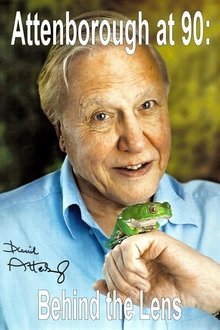
Attenborough at 90: Behind the Lens (2016)
As Sir David Attenborough turns 90, this intimate film presents new interviews, eye-opening behind-the-scenes footage and extraordinary clips from some of his most recent films. The doc, which was made for the occasion of Attenborough’s 90th birthday, was shot over seven years and follows him as he travels to Borneo, Morocco and the Galapagos to shoot wildlife specials. Anthony Geffen, the CEO of Atlantic Productions, commented, “This is such a special Attenborough film because unusually he is the subject. As I look back over the last seven years, I never fail to be amazed by his extraordinary ambition and drive to use the very latest technology to communicate the natural world to audiences around the globe. This film gives audiences the chance to see what it’s like to be on the road with David.”
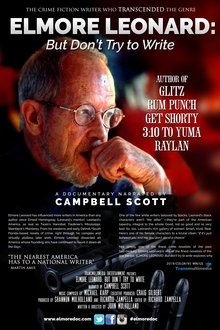
Elmore Leonard: "But Don't Try to Write" (2021)
Elmore Leonard, author of more than 40 novels, is renowned in the literary community. From his westerns and early novels of crime based in Detroit and South Florida, right through his complex and virtually plotless later work, Elmore Leonard dissected an America whose founding sins have continued to haunt it all the days. Leonard’s depiction of America is as real as Twain’s Hannibal, Faulkner’s Mississippi and Steinbeck’s Monterey. The new documentary ELMORE LEONARD: “But don’t try to write” explores the prolific author’s legacy and his influence on generations of writers. The documentary features exclusive images and previously unseen home movie footage, family photographs, and in-depth interviews with both literary experts and those who knew him well, including colleagues, family, and childhood friends.
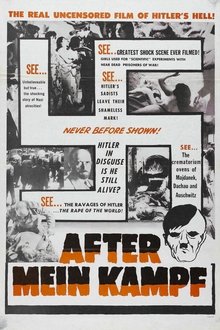
After Mein Kampf? (1961)
By combining actual footage with reenactments, this film offers both a documentary and fictional account of the life of Adolf Hitler, from his childhood in Vienna, through the rise of the Third Reich, to his final act of suicide in the waning days of WWII. The film also provides considerable, and often shocking, detail of the atrocities enacted by the Nazi regime under Hitler's command.
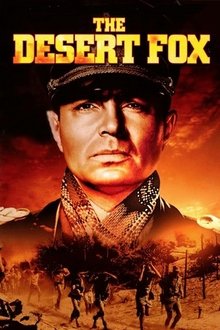
The Desert Fox: The Story of Rommel (1951)
The life and career of Erwin Rommel and his involvement in the plot to assassinate Hitler.
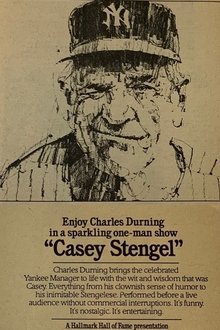
Casey Stengel (1981)
Charles Durning appears as the legendary baseball manager Charles Dillon "Casey" Stengel in this one-man show presented before a live studio audience.
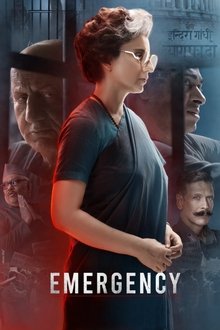
Emergency (2025)
Based on true events that unfolded in 1975, the film chronicles incidents that took place under the leadership of Indira Gandhi, one of the most powerful women in Indian history.
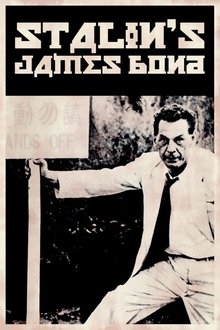
Stalin's James Bond (2017)
An account of the troubled life of Richard Sorge (1895-1944), a Soviet spy of German origin who played a decisive role in the outcome of World War II.
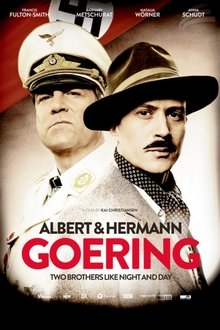
Albert & Hermann Goering (2016)
Two brothers who could not have been more different. The eldest, Hermann Göring (1893-1946), was a prominent member of the Nazi regime, head of the German Air Force, and a war criminal. The youngest, Albert Göring (1895-1966), opposed tyranny and was persecuted, but today he is still unjustly forgotten, although he saved many lives while his brother and his accomplices ravaged Europe.
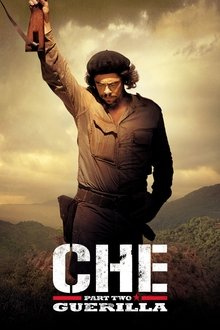
Che: Part Two (2008)
After the Cuban Revolution, Che is at the height of his fame and power. Then he disappears, re-emerging incognito in Bolivia, where he organizes a small group of Cuban comrades and Bolivian recruits to start the great Latin American Revolution. Through this story, we come to understand how Che remains a symbol of idealism and heroism that lives in the hearts of people around the world.
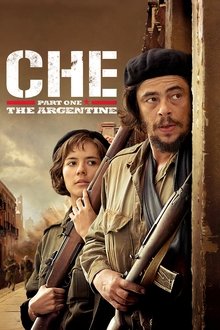
Che: Part One (2008)
The Argentine, begins as Che and a band of Cuban exiles (led by Fidel Castro) reach the Cuban shore from Mexico in 1956. Within two years, they mobilized popular support and an army and toppled the U.S.-friendly regime of dictator Fulgencio Batista.
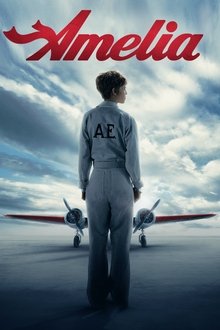
Amelia (2009)
A look at the life of legendary American pilot Amelia Earhart, who disappeared while flying over the Pacific Ocean in 1937 in an attempt to make a flight around the world.
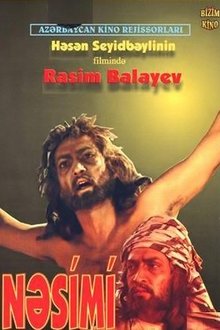
Nasimi (1974)
The film is a biographical true story about life of Imadaddin Nasimi, well known throughout the East for his school of philosophy and thought, poems and promotion of moral values in a feudal society. During the 14th-15th centuries, when Azerbaijan was a stage for warring powers and civil wars, Nasimi was the only poet committed to promotion of humanism and moral values inflicting criticism on the ruling system and the society itself. For his intruding role in feudal regimes, Nasimi lived a complex and tragic life.
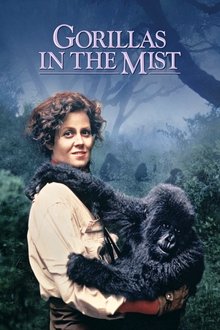
Gorillas in the Mist (1988)
The story of Dian Fossey, a scientist who came to Africa to study the vanishing mountain gorillas, and later fought to protect them.
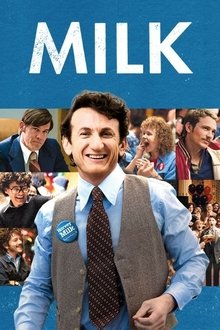
Milk (2008)
The true story of Harvey Milk, the first openly gay man ever elected to public office. In San Francisco in the late 1970s, Harvey Milk becomes an activist for gay rights and inspires others to join him in his fight for equal rights that should be available to all Americans.
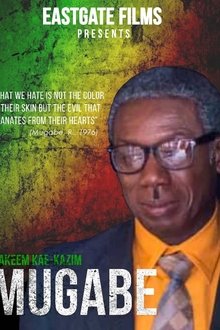
Mugabe (2023)
Mugabe rises from being a prisoner to power as a guerrilla fighter but gradually becomes the world's top tyrant. After four decades in power his allies do the unexpected.
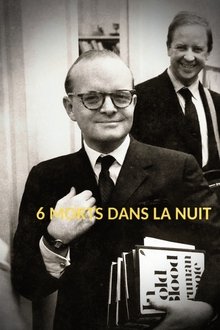
6 morts dans la nuit : « De sang-froid » – Truman Capote (2024)
To write In Cold Blood (1966), a nonfiction novel that revolutionized world literature, Truman Capote (1924-84) spent five years in Kansas researching the murder of members of the Clutter family and collecting the confidences of its two authors.
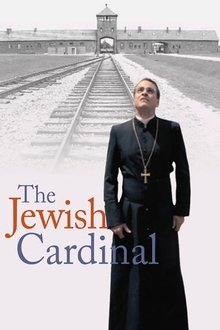
The Jewish Cardinal (2013)
The Jewish Cardinal tells the amazing true story of Jean-Marie Lustiger, the son of Polish-Jewish immigrants, who maintained his cultural identity as a Jew even after converting to Catholicism at a young age, and later joining the priesthood. Quickly rising within the ranks of the Church, Lustiger was appointed Archbishop of Paris by Pope John Paul II―and found a new platform to celebrate his dual identity as a Catholic Jew, earning him both friends and enemies from either group. When Carmelite nuns settle down to build a convent within the cursed walls of Auschwitz, Lustiger finds himself a mediator between the two communities―and he may be forced, at last, to choose his side.
